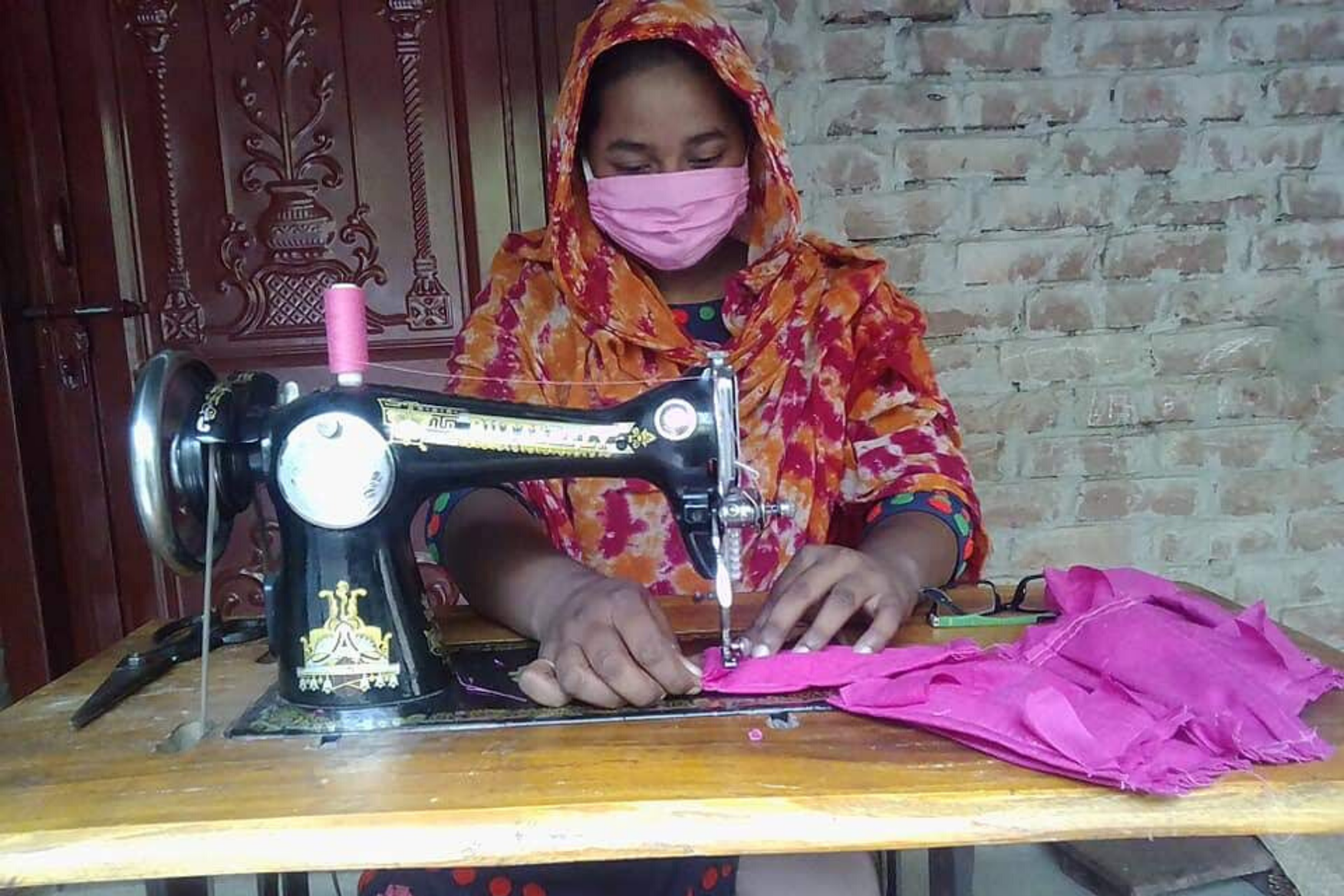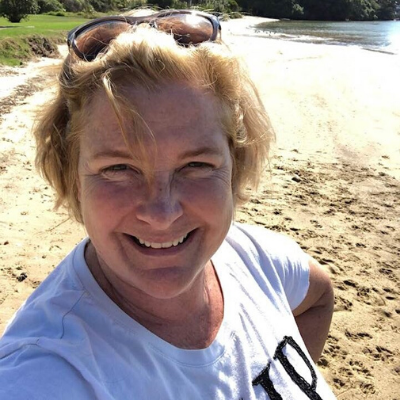The way our villages respond and deal with the COVID-19 crisis makes all the difference in saving lives, preserving economic well-being, and being a powerful role model to inspire others. As an organisation, we’re focused on continuing to support our community partners in their journey to end their own hunger and poverty, and mitigate the impact of COVID-19 in their villages.
Africa.


India.

Photo: Somi Devi, Rajasthan, Elected Women Representative
Bangladesh.

Mexico.
How our villages respond and deal with this crisis makes all the difference in saving lives, preserving economic well-being, and being a powerful role model to inspire others. Like our community partners, we must be resilient in the face of this uncertainty. To overcome the unprecedented challenges facing our global community, it will require our collective action and call on all of us to step forward in our shared humanity.







